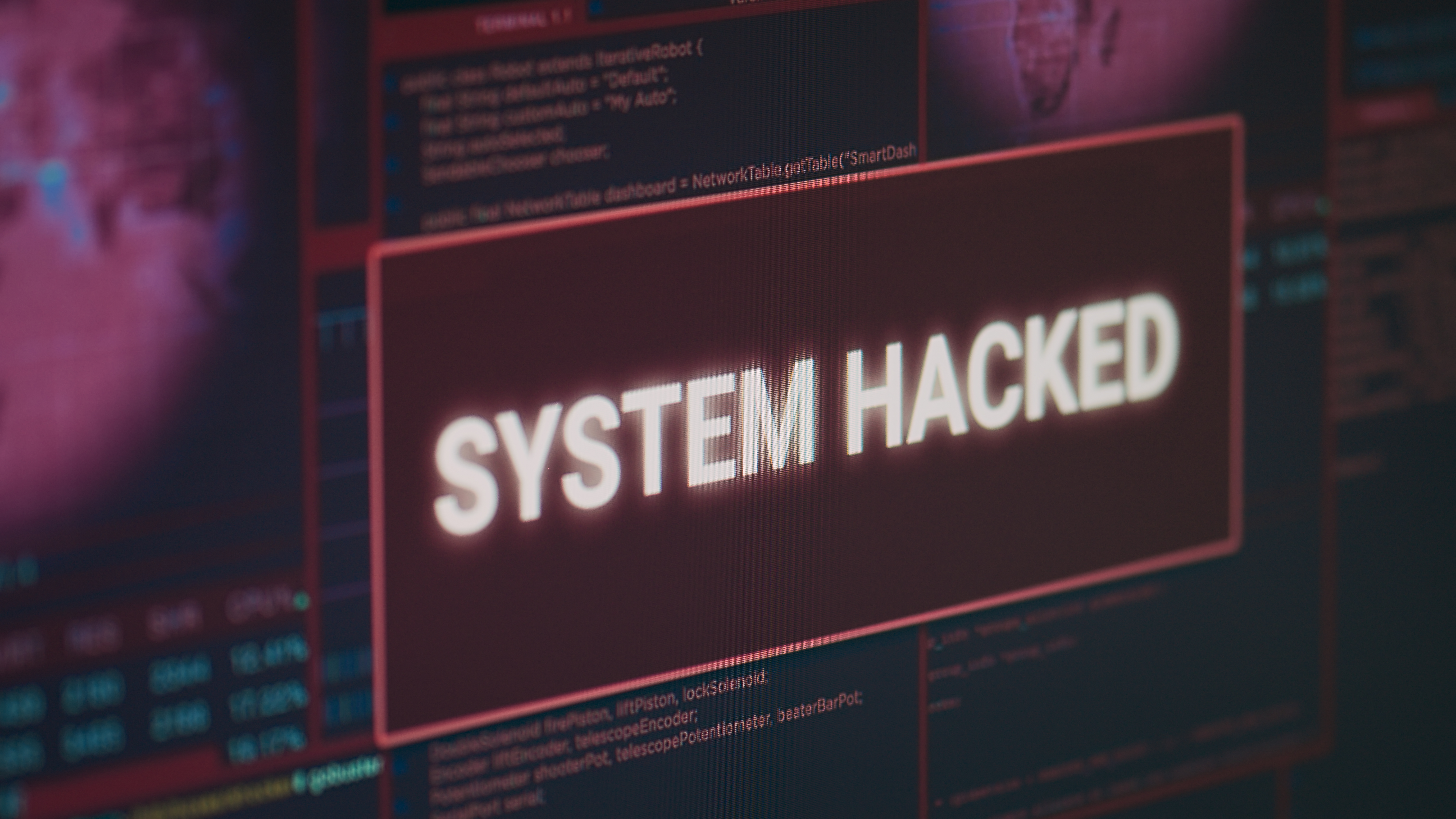India’s digital revolution offers vast opportunities for growth, but the absence of a strong cybersecurity infrastructure leaves the nation exposed to increasingly sophisticated cyber threats.
As the world navigates the complexities of the digital age, cybersecurity has taken center stage, and India is feeling the pressure. With its massive population and rise as a technology-driven economy, the nation has seen sweeping digitalization across sectors like finance, healthcare, and education. However, this has made India more vulnerable to cyber threats, from sophisticated espionage to everyday phishing attacks, threatening the security of its citizens and critical national infrastructure.
Cyberattack: India so far . . .
A recent severe cyberattack has brought the entire IT infrastructure of Uttarakhand to a standstill, severely disrupting government operations. Key services, including the CM Helpline, Land Registry, and e-Office, were rendered inoperative, halting administrative activities at the Secretariat for two consecutive days. The attack has highlighted critical vulnerabilities in the state's digital systems and the pressing need for stronger cybersecurity measures.
Hackers hit AIIMS Delhi in 2023, leading to server shutdowns and disruptions in vital medical services. The attack exposed the healthcare sector’s growing cybersecurity challenges, with the possible compromise of patient data underscoring the critical need for stronger protections against such threats.
Last year, a ransomware attack targeted the power utility systems of Telangana and Andhra Pradesh, two major states in southern India, resulting in a significant disruption of services. The malicious virus incapacitated all servers, causing widespread outages until the issue was resolved.
The troubling state of Indian cybersecurity is exemplified by the breach in Haryana, where hackers accessed the systems of Bijli Vitran Nigam, a power utility in Haryana. They absconded with sensitive customer billing information and demanded a ransom payment of Rs. 1 crore (10 million) to return the stolen data.
More news of cyberattack on India's digital infrastructure . . .
Cybersecurity: India so far . . .
To combat the growing risks of cyber threats, the Indian government should embrace a multi-dimensional strategy aimed at enhancing its cybersecurity framework. Such an approach is crucial for effectively protecting the nation’s digital assets and ensuring national security. A robust legal framework is vital, starting with the swift passage of the Personal Data Protection Bill and other comprehensive data protection laws. Equally important is modernizing existing cyber laws to effectively address the constantly changing landscape of cyber threats.
Public awareness campaigns are equally important as technological advancements in educating both individuals and businesses about online safety, digital literacy, and the need to adopt secure cybersecurity practices.
Given the evolving nature of cyber risks, building rapid-response cybersecurity teams like CERT-In (Computer Emergency Response Team) can play a pivotal role in addressing incidents quickly and mitigating real-time threats.
Addressing the cybersecurity skills gap is a key priority for India, requiring a focus on cultivating skilled professionals through targeted training programs and specialized certifications.
To effectively combat cyberterrorism and transnational cyber threats, India must foster stronger partnerships with international cybersecurity bodies and actively contribute to global efforts in addressing cybercrime.
With the adoption of these strategies, along with a greater emphasis on cybersecurity consultancy and services, India can create a robust cybersecurity framework that enhances the resilience of its digital infrastructure while ensuring national security in a more connected global landscape.
Modern India can no longer afford to delay addressing cybersecurity issues. A strong, secure digital framework is essential for India’s progress, stability, and integrity as the country navigates the swiftly changing digital landscape.
(Image Courtesy: FREEPIK.COM)

